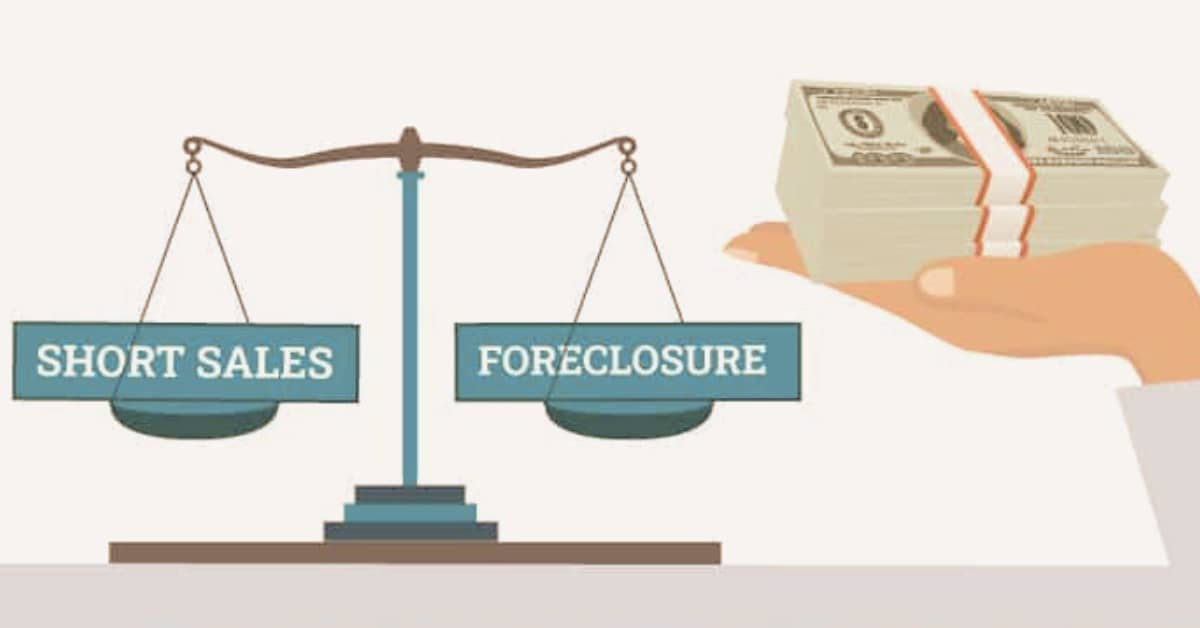The Florida luxury real estate market is hotter than ever in 2025! 🔥 With high-net-worth buyers looking for exclusive properties, today’s luxury homes must offer more than just stunning views and high-end finishes. If you’re considering buying a luxury home in Florida, here are five must-have features that will define high-end living this year.
From smart home technology to resort-style outdoor spaces, these features not only add value but also enhance your quality of life in the Sunshine State. ☀️ Let’s dive in!
1️⃣ Smart Home Technology & AI Integration 🤖🏠
Luxury homes in 2025 are all about seamless automation and AI-powered convenience. Florida’s most exclusive estates now come equipped with:
✅ AI-Driven Home Assistants: Voice-activated lighting, security, and climate control.
✅ Smart Glass Windows: Tinted windows that adjust based on sunlight and privacy needs.
✅ Biometric Entry Systems: Fingerprint and facial recognition for keyless entry.
✅ Tesla-Powered Solar Roofs: Sustainable, energy-efficient living with backup power solutions.
Imagine pulling into your driveway, and your home automatically adjusts the temperature, dims the lights, and starts playing your favorite music—now that’s luxury! 🎶✨
📸 Graphic: A modern smart home with voice-controlled automation features
2️⃣ Resort-Style Outdoor Spaces 🌊🏝️
Florida’s luxury buyers demand private, resort-like experiences at home. The top estates now feature:
✅ Infinity Pools with Swim-Up Bars 🍹
✅ Outdoor Kitchens with Pizza Ovens & Hibachi Grills 🍕🔥
✅ Tropical Landscaping & Zen Gardens 🌿🧘♀️
✅ Private Docks & Boat Lifts 🚤 (For those waterfront mansions!)
✅ Sunken Fire Pits & Floating Lounges 🔥🏖️
Many luxury buyers in 2025 are prioritizing homes that offer outdoor entertaining spaces where they can relax or host lavish gatherings under the Florida sun.
📸 Graphic: A luxury home backyard with an infinity pool, outdoor kitchen, and waterfront views
3️⃣ Ultra-Private Wellness & Fitness Spaces 🏋️♂️🧘♀️
Health and wellness have taken center stage in Florida’s luxury homes. Buyers in 2025 want their own private retreats, including:
✅ In-Home Spas & Cold Plunge Pools 🧖♀️
✅ State-of-the-Art Home Gyms with AI Personal Trainers 💪
✅ Yoga & Meditation Rooms with Sound Healing Features 🌀🎶
✅ Cryotherapy & Red Light Therapy Rooms ❄️🔴
With today’s fast-paced lifestyles, a home that offers wellness at your fingertips is the ultimate luxury. Many high-end properties now include custom-built recovery rooms, offering everything from hyperbaric oxygen therapy to IV hydration stations.
📸 Graphic: A luxury home gym with high-end equipment and a spa retreat
4️⃣ Bespoke Designer Interiors & Customization 🎨🛋️
Florida’s luxury buyers in 2025 want personalized, one-of-a-kind interiors that reflect their taste and status. Popular trends include:
✅ Sustainable Luxury Materials: Reclaimed wood, eco-friendly stone, and organic textiles. 🌱
✅ Handcrafted Murals & Statement Ceilings: Art pieces that make a bold impact. 🎭
✅ Glass Wine Cellars & Hidden Speakeasies: 🍷🥂
✅ Smart Kitchens with AI Cooking Assistants: 🤖🍳
Many high-end homebuyers hire world-renowned designers to curate their dream home. If you’re in the market for a luxury estate, consider investing in custom-built furniture and unique art installations to elevate your space.
📸 Graphic: A modern luxury living room with custom decor and statement lighting
5️⃣ Unbeatable Location & Security 🌆🛡️
A luxury home is only as good as its location, and Florida offers some of the most exclusive enclaves in the country. In 2025, top locations include:
🏝️ Star Island, Miami Beach – The ultimate in waterfront luxury.
🏡 Golden Oak at Disney World, Orlando – Live where the magic happens! ✨🏰
🌊 Palm Beach & Naples – Exclusive beachfront estates.
But luxury isn’t just about location—it’s about privacy and security too! Today’s high-end homes feature:
✅ Gated Communities with 24/7 Security Patrols 🚔
✅ Panic Rooms & Bulletproof Glass 🏠🔒
✅ Drone Surveillance & AI Monitoring Systems 🛰️📹
For Florida’s elite, peace of mind is priceless—and the right security features ensure absolute comfort and exclusivity.
📸 Graphic: A gated luxury community entrance with palm trees and security
🎯 Final Thoughts: Is 2025 Your Year for a Florida Luxury Home?
If you’re considering buying a luxury home in Florida, make sure it has these must-have features to ensure long-term value, comfort, and modern convenience. Whether it’s AI-driven smart tech, resort-style outdoor spaces, private wellness retreats, custom interiors, or top-tier security, today’s luxury homes go beyond just square footage—they create an unmatched living experience.
📞 Thinking of making your dream Florida home a reality? Let’s chat! As an Orlando luxury real estate expert, I’d love to help you find the perfect home that meets all your needs. Contact me today! 📩







